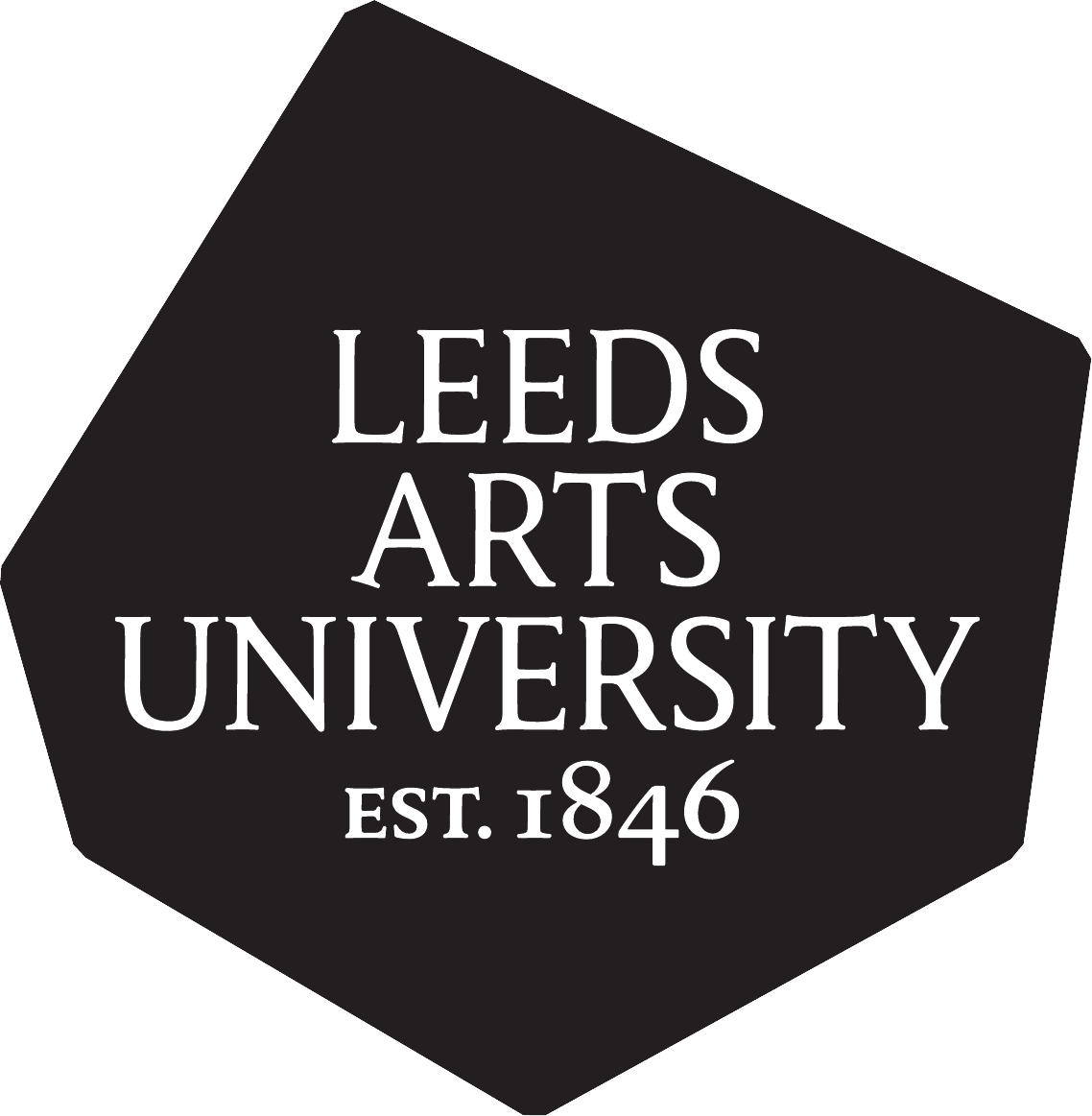What can critical thinking do for Access? Can transferability speak to specificity in a Further Education arts institution?
Norton, Frances 
Abstract
This presentation on critical thinking (CT) is likely to be of interest to national and international educationalists and educational managers in further education, higher education, widening participation, Access education, continuing education and training. This action research paper discusses how CT interventions such as book club and poetry writing group may benefit some students in their individual mental health wellbeing, create a community of inquiry, social cohesion and bonding in the classroom and wider social spheres. In addition how establishing CT habits of mind may ease Access student transition to higher education and employment. The hypothesis asks what CT can do for Access? Is CT necessary to students or is it another educational imperative? What of transferability, can these developed CT skills be transferred to real world skills, university courses, and for the students themselves engagement with studentship and by extension citizenship? Or are CT skills so specialised that they are of no use in other paradigms. Is specificity in regard to teaching CT more important than generality? Should CT skills be accessible across subject areas without a silo culture? Lipman (2003), has practical philosophies and strategies that will be the starting point for research. Other authors are Brown (1998) an educational philosopher with an emphasis on the freedom and education for all and PJ Burke (2001) an Access lecturer and transformational education thinker. In addition Biesta (2010) and his educational theory, Sennett (2008) for the craft of practice and Hyland (2017) the role of vocationalism in education. Relevant policies are:- the Foresight Review into the Future of Skills and Lifelong Learning (2016) and the Department of Education (DfE) adult learners policy (2018). The research approach uses qualitative arts-based mixed methodologies, these are inclusive and illuminative (Kara 2015: 26). Theories used are hermeneutic/interpretive, postmodern decentring theory, new ethnographic and feminist autobiographical theory. Interventions used for this paper are a poetry writing group, book club, surveys and interviews. A sample of 133 self-selecting participants volunteered for CT interventions. Data is inductively, iteratively linked and analysed in a cycle of reading, labelling and coding, to discover patterns and themes. Tentative conclusions are, a community of inquiry accesses the legacy of the critical traditions. Classroom democracy is a high-risk strategy, Beck (2013) implies, risk can be both positive and negative. Democracy is unpredictable and it does not have a predetermined outcome. Participants in the research have become more confident and articulate, argumentative and discursive.
Actions (login required)
 |
Edit Item |

